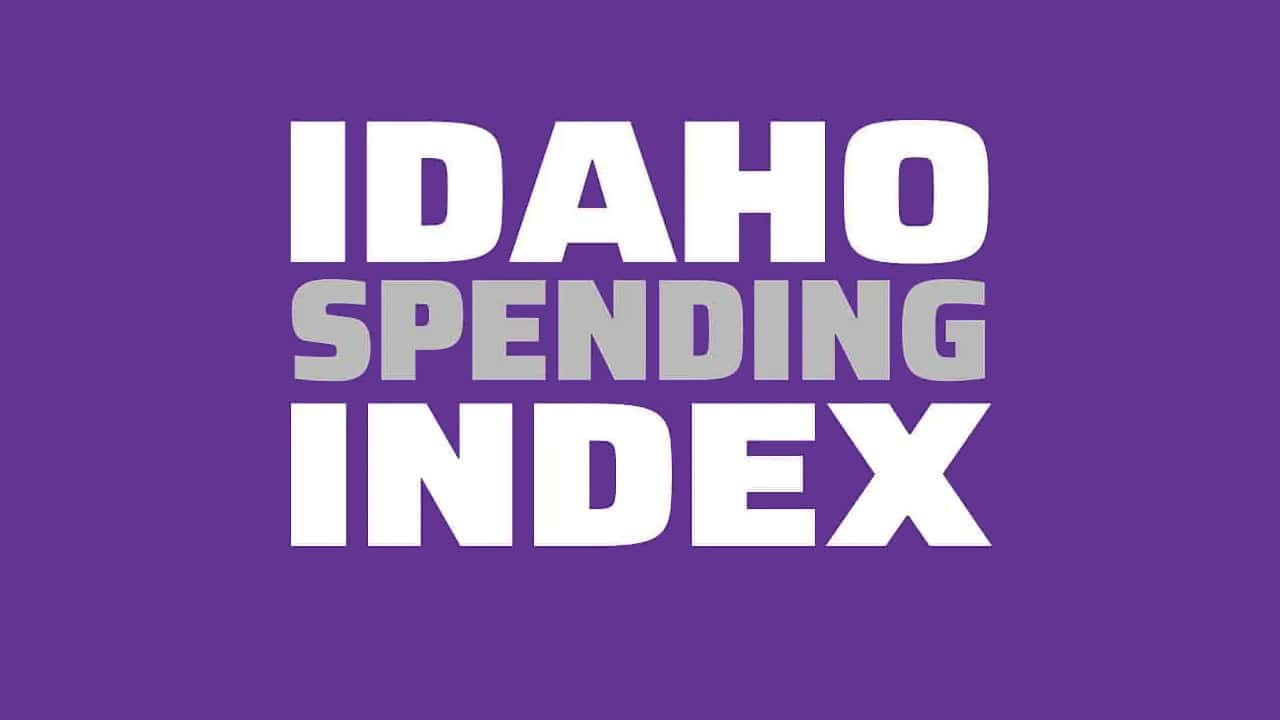


The Idaho Spending Index serves to provide a fiscally conservative perspective on state budgeting while providing an unbiased measurement of how Idaho lawmakers apply these values to their voting behavior on appropriations bills. Each bill is analyzed within the context of the metrics below. They receive one (+1) point for each metric that is satisfied by freedom-focused policymaking and lose one (-1) point for each instance in which the inverse is true. The sum of these points composes the score for the bill.
Rating: (-2)
Bill Description: House Bill 464 is an enhancement of $2,449,400 million and 1.00 new full-time positions for the Department of Education for fiscal year 2026. This legislation appropriates a total of $44,702,200 and 127.00 full-time positions to the agency.
Does this budget incur any wasteful spending among discretionary funds, including new line items? Conversely, does this budget contain any provisions that serve to reduce spending where possible (i.e. base reductions, debt reconciliation, etc.)?
House Bill 464 includes $300,000 to address underperforming charter schools. However, it is not clear how throwing more money at Charter Schools would improve performance moving forward. The language from the DOE, “ Increases the Comprehensive Support and Improvement Program to create a component specifically focused on charter schools.” Another item is $264,000 in federal grant funds to provide a “Child nutrition program to help schools develop resources to teach children about where their food comes from, how food is harvested, and how food is made. Second year of this grant to increase awareness about food production and increase the amount of locally produced foods brought into schools.”
(-1)
Is the continuation or growth in ongoing spending, if any, inappropriate for the changes in circumstances, scope of the agency, or current economic environment? Conversely, is the continuation or growth in ongoing spending appropriate given any change in circumstances or economic pressures?
This legislation funds ongoing spending for the Department of Education at over $42 million, growing from the base by about 8% in the last three years. This rate is slower than what would be prescribed by inflationary pressures and growth.
(+1)
Does this budget perpetuate or expand state dependence on federal dollars, thereby violating principles of federalism? Conversely, does this budget actively reduce the amount of federal dollars used to balance this budget?
This legislation appropriates $$1.8 million in new federal funding to this division. Overall federal funding constitutes about 48% of all the dollars in the appropriation for the 2026 fiscal year. There are always considerable strings attached when relying on federal funds that give the federal government an undue foothold on the Idaho public education system. Using these funds extends this federal overreach of power.
(-1)
Does the budget grow government through the addition of new permanent FTPs or through funding unlegislated efforts to create new or expanded entitlement programs? Conversely, does this budget reduce the size of government staff and programs except where compelled by new legislation?
House Bill 464 seeks to add 1.00 full-time equivalent positions to the State Department of Education at a total cost of $84,200, and there is a position listed but not authorized for an FTP, a Dispute Resolution Specialist. The positions include a dispute resolution specialist and a special ed- charter school specialist at $84,200 each. The fiscal note indicates only one additional FTP position is actually authorized even though federal funds are in the line item for the Dispute Resolution Specialist position.
(-1)


